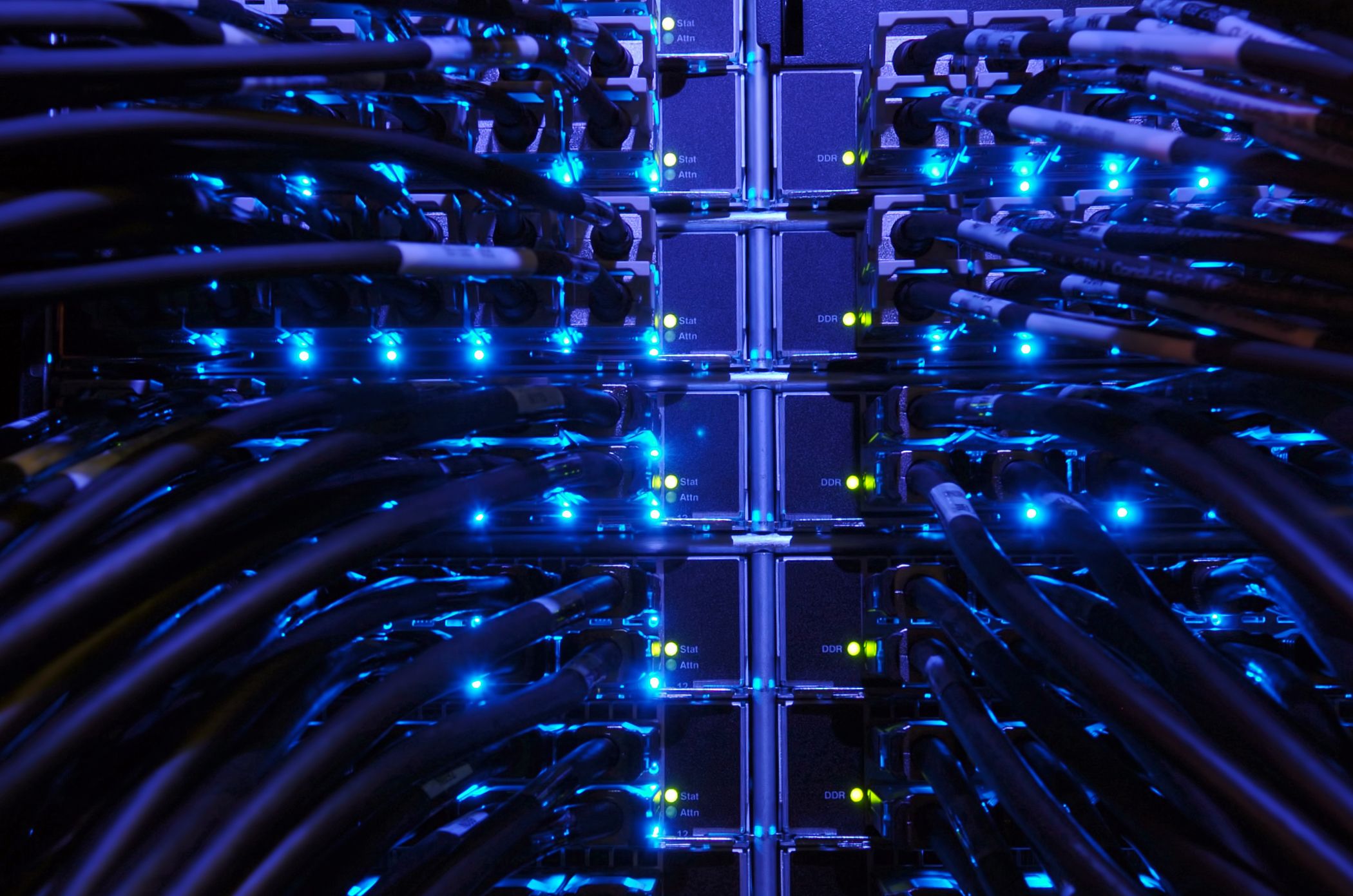Dedicated Server, as the name suggests, is a dedicated piece of hardware used to run a single application or service. It is usually installed in data centers to provide a secure and stable platform for hosting services like e-commerce stores, application servers, or content delivery networks (CDN).
Dedicated servers are mostly made of the same three components — high-performance processors, large amounts of DRAM, and magnetic media — but their design is very different from the desktop PCs commonly used for general tasks. For instance, the hard drives are usually made of metal instead of plastic, and they are directly attached to the processor rather than being attached via a controller as in the case of most PCs.
Dedicated servers are used in a variety of ways. Some providers offer them as dedicated storage containers, where users can upload their own images, documents, or music and then share them with the world. Other dedicated servers are designed to run various operating systems (e.g., Linux, Windows, or Mac OS X) and hosting software (e.g., cPanel, DirectAdmin, or Plesk) so that users can set up and run their very own web servers without needing any previous knowledge in computer networking or system administration.
What Is a Cloud Server?
If you are not familiar, a cloud server is basically a piece of infrastructure that provides computing power and storage to customers via the Internet. The service providers who offer these servers generally provide additional features like load distribution and backup as part of their package. The idea is that customers can pay for what they use instead of investing in expensive hardware that they need to keep storing and upgrading.
Although dedicated servers and cloud servers have a lot in common, they are not interchangeable. Where dedicated servers are designed to run a single application and do not have a web-based user interface, cloud servers generally provide users with access to a web-based dashboard that allows them to monitor and manage their resources. In both cases, the hardware is owned and maintained by the service provider rather than the end user.
The Pros And Cons Of Choosing Dedicated Or Cloud Server Hosting
The advantage of dedicated server hosting is that you are renting the entire machine, so you get full control over the hardware. This means that you can install any operating system and configure the system exactly as you want it. You also have direct access to the provider, so if you have any issues or questions, they can be resolved immediately.
The disadvantage of dedicated server hosting is that since it is dedicated hardware, the service provider will have full control over it and you will not be able to move it to another location easily. If you need to, you will have to hire professional services to take care of it for you.
The advantage of cloud server hosting is that you are not owning the hardware. This means that in the event of a hardware malfunction, you can take the system back and they will provide you with a different one without hassle. You also have the flexibility of moving the hardware to any other location you choose. The only requirements are that you must have an Internet connection and that the location you choose must have adequate space for the hardware.
The disadvantage of cloud server hosting is that you have no control over the software installed on the machine. The provider generally offers you a limited selection of operating systems and hosting software as part of their package, and you must abide by their Terms of Service. In addition, you must have enough space to store all of your data and be able to operate without interference from the cloud server provider.
Dedicated server hosting is recommended for users who need a stable, secure, and highly-available platform for running applications. Cloud server hosting is recommended for users who need flexibility in the locations they use for their servers and the ability to have full control over the software used to operate them.
